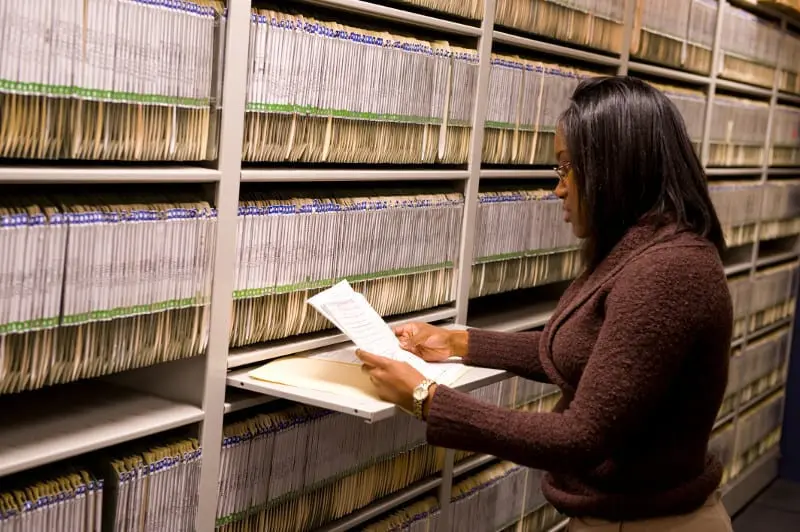
Understanding SOC 2 Compliance: The Gold Standard in Data Protection
SOC 2 compliance is a set of standards that organizations must meet to demonstrate that they have appropriate controls to protect sensitive data. SOC 2 stands for Service Organization Control, and it is a certification issued by the American Institute of CPAs (AICPA). Organizations that meet SOC 2 standards are considered to have a high level of security and trustworthiness when it comes to handling sensitive data.
The Importance of SOC 2 for Data-Centric Organizations
SOC 2 compliance is particularly important for organizations that handle sensitive data, such as financial information, personal data, and health information. These organizations must demonstrate that they have appropriate controls in place to protect this data from unauthorized access, use, disclosure, disruption, modification, or destruction.
Distinguishing Between SOC 2 Type 1 and Type 2 Reports
The two types of SOC 2 compliance are Type 1 and Type 2. A Type 1 SOC 2 report is an assessment of an organization’s controls at a specific point in time. This report focuses on the design of an organization’s controls, and it is typically used to provide assurance that the controls are in place and working as intended. A Type 2 SOC 2 report is an assessment of an organization’s controls over a period of time. This report focuses on the effectiveness of an organization’s controls, and it is typically used to provide assurance that the controls are actually working as intended.
Deciphering the Five Trust Service Criteria of SOC 2
The SOC 2 standards are divided into five trust service criteria: security, availability, processing integrity, confidentiality, and privacy. Each of these criteria has a set of controls that organizations must meet in order to be compliant.
Security Criteria: The Fortress Against Data Breaches
The security criteria focus on the protection of sensitive data from unauthorized access, use, disclosure, disruption, modification, or destruction. Organizations must demonstrate that they have appropriate controls in place to protect this data, such as firewalls, intrusion detection systems, and access controls.
Ensuring Data Availability: More Than Just Uptime
The availability criteria focuses on the availability of sensitive data. Organizations must demonstrate that they have appropriate controls in place to ensure that sensitive data is always available to authorized users, such as disaster recovery plans and backup systems.
Processing Integrity: The Guarantee of Accurate Data Handling
The processing integrity criteria focuses on the accuracy and completeness of sensitive data. Organizations must demonstrate that they have appropriate controls in place to ensure that sensitive data is processed accurately and completely, such as data validation controls and error-handling procedures.
Confidentiality: Keeping Sensitive Data Under Wraps
The confidentiality criteria focuses on the protection of sensitive data from unauthorized disclosure. Organizations must demonstrate that they have appropriate controls in place to protect sensitive data from unauthorized disclosure, such as encryption and access controls.
Privacy Criteria: Data Protection in Line with the Law
The privacy criteria focuses on the protection of sensitive data in accordance with applicable laws and regulations. Organizations must demonstrate that they have appropriate controls in place to protect sensitive data in accordance with applicable laws and regulations, such as data retention and destruction policies and privacy impact assessments.
Building a Robust Information Security Program for SOC 2
In order to be SOC 2 compliant, organizations must also have a comprehensive information governance and security program in place. This program should include policies and procedures for managing sensitive data, as well as regular security assessments and training for employees.
The Role of Regular Audits in Upholding SOC 2 Standards
In addition, organizations that are SOC 2 compliant are required to undergo regular audits to ensure that their controls are still in place and working as intended. These audits are conducted by independent third-party auditors who are certified by the AICPA.
Facing the Future: Why SOC 2 Matters More Now Than Ever
SOC 2 compliance is becoming increasingly important for organizations that handle sensitive data and document management. With data breaches and cyber attacks on the rise, it is crucial for organizations to demonstrate that they have appropriate controls in place to protect sensitive data. SOC 2 compliance is a way for organizations to demonstrate that they take the protection of sensitive data seriously, and it can help to build trust with customers, partners, and regulators.



